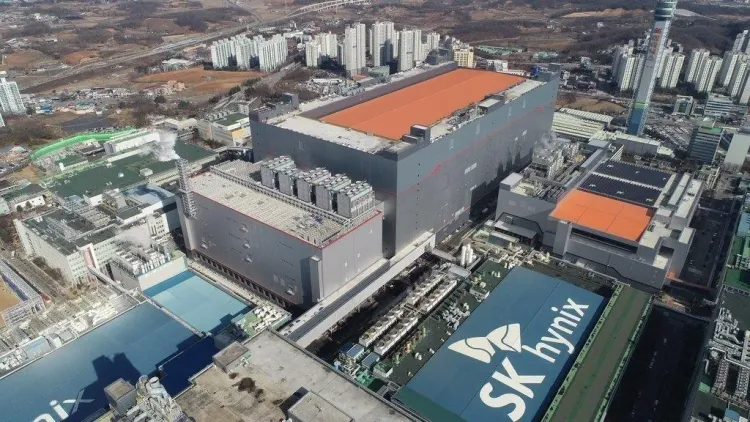What Led to a Chinese Ex-SK Hynix Employee Receiving a Five-Year Sentence for Technology Theft?

Synopsis
Key Takeaways
- The defendant received a five-year prison sentence for leaking technology.
- 30 million won fine was also imposed.
- The leaked material is considered core state technology.
- Such crimes threaten national competitiveness.
- SK hynix's case highlights the importance of tech security.
Seoul, May 7 (NationPress) A recent ruling by an appeals court has resulted in a five-year prison sentence for a former Chinese employee of SK hynix, who was found guilty of leaking critical semiconductor technology. The Suwon High Court issued this sentence, including a 30 million-won (approximately $21,500) fine, to the 37-year-old defendant for unlawfully reproducing around 4,000 pages of documents pertaining to semiconductor manufacturing solutions just before his transfer to Huawei, a Chinese tech giant, in 2022.
The court emphasized that the leaked materials possess significant technological and economic value, qualifying them as core state technology that contains business secrets capable of impacting national interests. According to the court, such actions threaten the survival of domestic firms and detrimentally influence the industrial competitiveness of the nation, as reported by Yonhap news agency.
In the preceding trial, a district court had initially sentenced this individual to 1.5 years in prison and a 20 million won fine.
In related news, South Korean stock markets experienced an uptick for the second consecutive day on Wednesday, fueled by optimism surrounding US-China trade negotiations. The local currency reached a five-month high against the U.S. dollar.
The benchmark Korea Composite Stock Price Index (KOSPI) increased by 14.01 points, or 0.55 percent, closing at 2,573.80, following a 0.12 percent gain on the previous Friday. The local financial market was closed on Monday and Tuesday due to the Children's Day and Buddha's Birthday holidays.
Trading volume stood at a moderate 538.5 million shares valued at 8.79 trillion won (around $6.29 billion), with gainers outnumbering decliners 460 to 415.
Samsung Electronics saw a rise of 0.55 percent to 54,600 won, while its rival SK hynix surged 2.58 percent to 190,800 won. Additionally, Hanwha Aerospace, a leading defense company, jumped 8.8 percent to 890,000 won, and LIG Nex1 increased by 1.97 percent to 336,500 won. Conversely, shares in the biotechnology sector fell, with Celltrion decreasing by 1.29 percent to 160,300 won, and Samsung Biologics declining 4.06 percent to 1.04 million won.










